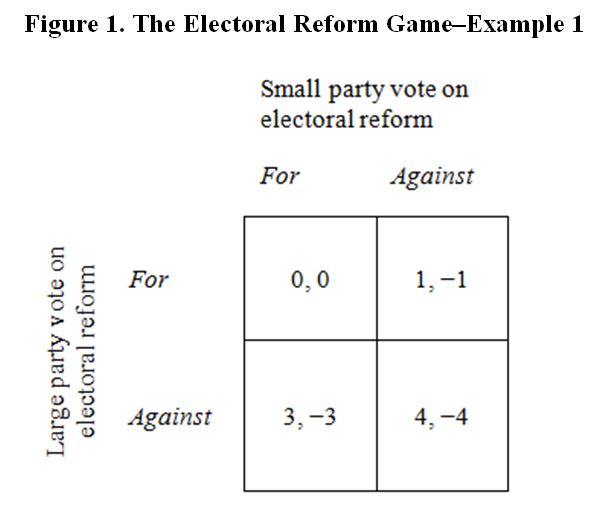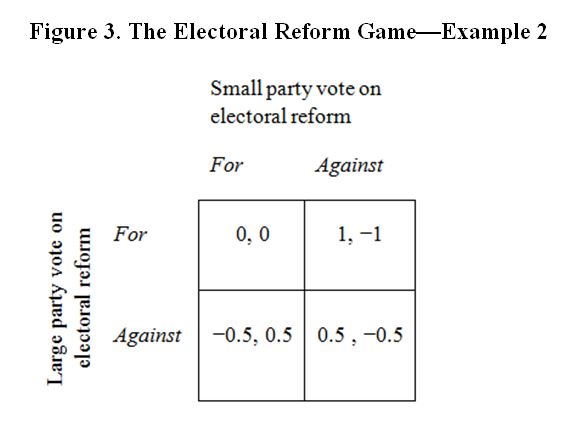Patronage power is conferred upon legislative and executive officials, but is not present in the judiciary.
a. true
b. false
b. false
You might also like to view...
Kim Jong-un, the leader of North Korea, exemplifies a _________.
A. totalitarian dictator B. theocratic ruler C. constitutional monarch D. parliamentary monarch
Which of the following is not something that may happen as a result of policy change?
a. An unsuccessful program is continued. b. An unsuccessful program is eliminated. c. A program no longer needed is eliminated. d. A partially successful program is altered. e. Unintended negative consequences are eliminated.
In what way did the politics of the 1920s differ from the early decades of the twentieth century?
A)The 1920s emphasized expanding the role of government into both the economy and the lives of citizens. B) The 1920s witnessed a dramatic expansion of formal presidential powers at the expense of congressional authority. C) The 1920s ushered in a period of conservative retrenchment that sought to resist the progressive reforms of the early twentieth century. D) The 1920s gave rise to a broad liberal coalition that sought to expand the powers of the presidency.
What does your analysis of the two games say about the conditions under which politicians who benefit from existing electoral laws are likely to support reforms that will help other parties?


A. Large parties will never support reforms.
B. If a large party is losing its size advantage and there is an electoral advantage from being seen as a reformer, then it will support the reform.
C. Large parties will always support reforms.
D. Can’t say based on the information given.